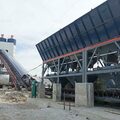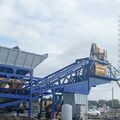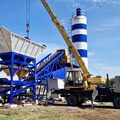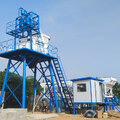Investing in a concrete batching plant is a significant decision for any construction business. The right plant can boost efficiency, save costs, and increase productivity.
But how do you ensure you're making a cost-effective choice? This guide will help potential customers understand what to look for when evaluating the cost-effectiveness of concrete batching plants.
Understanding Your Project Needs
Before diving into factors that affect cost-effectiveness, it's crucial to assess your project needs. Consider the scale of your projects, the type of concrete you need, and your production volume. These elements will guide you in choosing a plant that meets your requirements without overspending on unnecessary features.
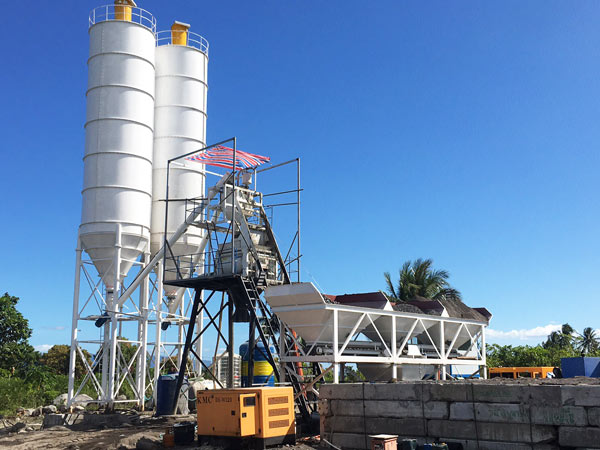
Analyzing Initial Costs vs. Operational Costs
When evaluating cost-effectiveness, look beyond the initial price tag. A cheaper plant might have higher operational costs due to inefficiency or frequent breakdowns.
Conversely, a more expensive option could lower energy consumption and maintenance costs, leading to savings over time. Always consider both initial and operational costs in your decision-making process.
Initial Costs
Initial costs include the purchase price, shipping, installation, and setup of the batching plant. Opt for a manufacturer that offers transparent pricing and comprehensive support during the setup phase to avoid unexpected expenses.
Operational Costs
Operational costs cover energy consumption, maintenance, repairs, and labor. Plants with modern, energy-efficient designs and easy access to parts tend to have lower operational costs. Additionally, considering the automation level, a fully automated plant can significantly reduce labor costs.
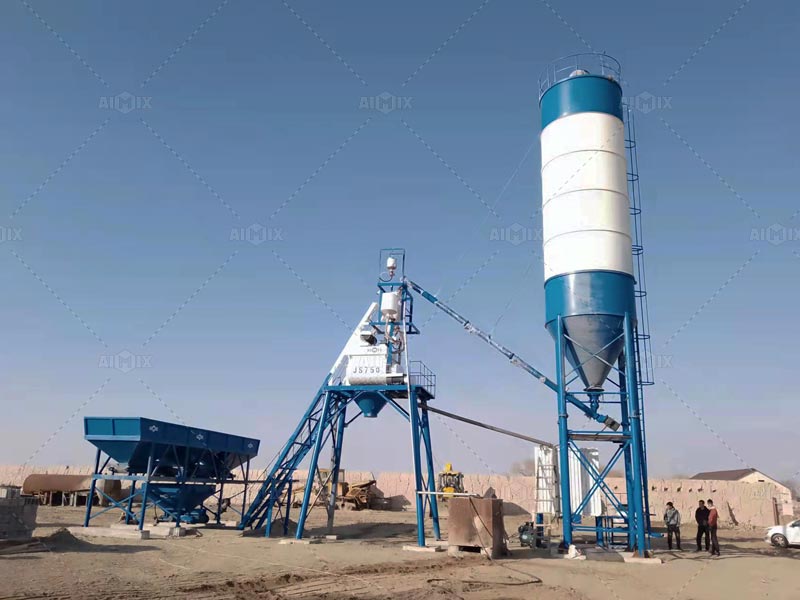
Considering Productivity and Efficiency
A good batching plant should meet your production needs and save money and time, helping your profits. Check the plant's capacity and speed to make sure it fits your goals.
Evaluating Durability and Longevity
The durability of a concrete batching plant influences its cost-effectiveness. High-quality materials and robust construction lead to longer service life, reducing the need for frequent replacements. Look for the batching plant of concrete designed for durability and ease of maintenance to maximize your investment.
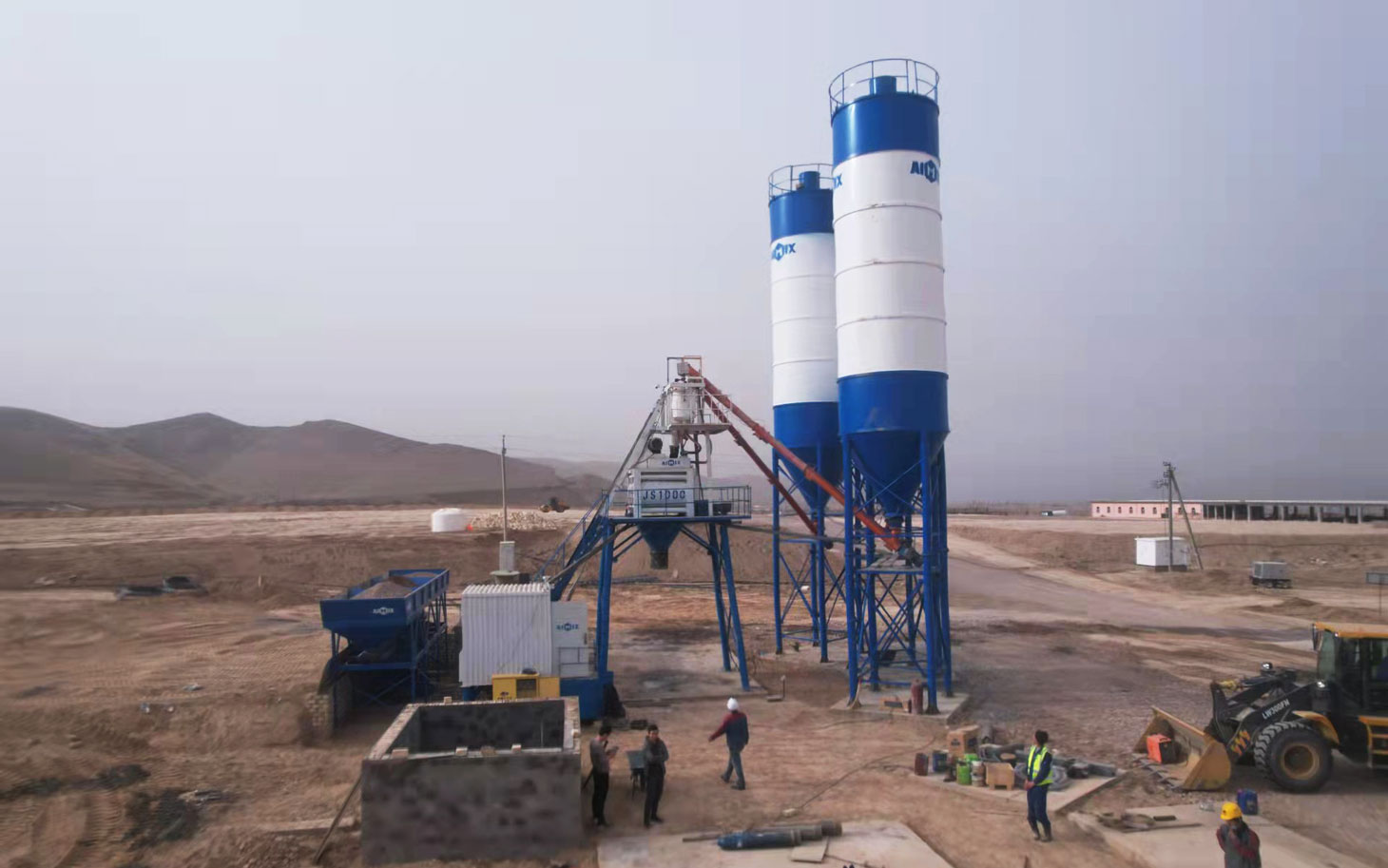
Assessing After-Sales Support and Warranty
Reliable after-sales support can greatly influence a plant's cost-effectiveness. Choose manufacturers who offer comprehensive warranties, readily available spare parts, and responsive customer service. This support minimizes downtime and ensures smooth operations, contributing to overall cost savings.
Researching Manufacturer Reputation and Customer Reviews
Finally, research the manufacturer's reputation and read customer reviews. Established manufacturers with positive feedback are more likely to provide quality products and excellent after-sales service. This research can prevent costly mistakes and help you find a cost-effective solution that meets your needs.
Conclusion
Evaluating the cost-effectiveness of a concrete batching plant requires careful consideration of various factors. By understanding your project needs, analyzing initial and operational costs, considering productivity and efficiency, evaluating durability, assessing after-sales support, and researching the manufacturer, you can make an informed decision. Click here to learn more about concrete batching plant price. Choose a plant that offers the best balance of cost, efficiency, and reliability to maximize your return on investment.
Making the right choice not only affects your current projects but also sets the foundation for future success. Invest wisely and ensure your concrete batching plant becomes a valuable asset for your construction business.

